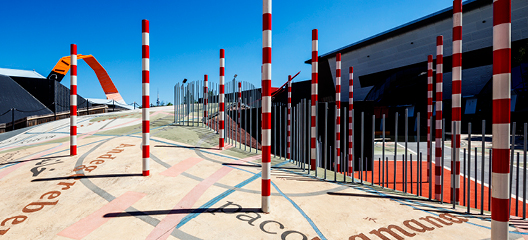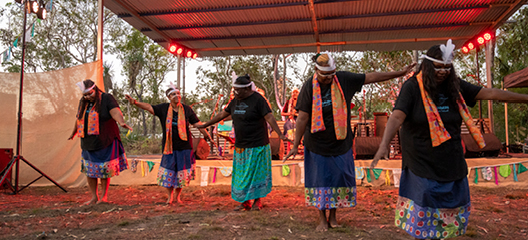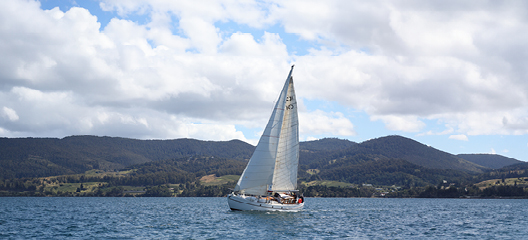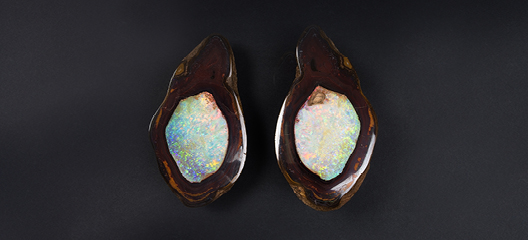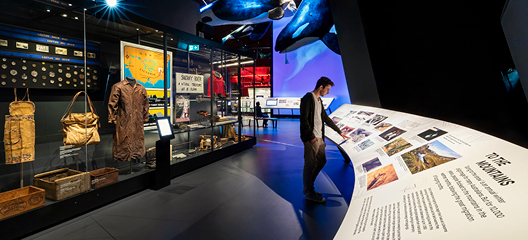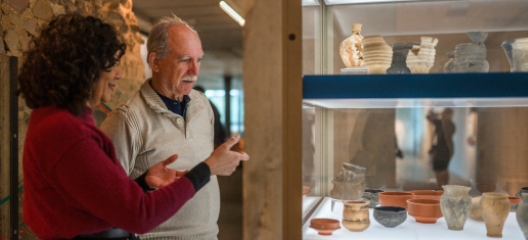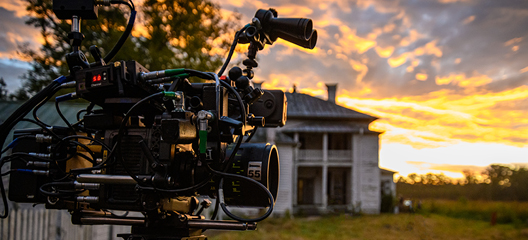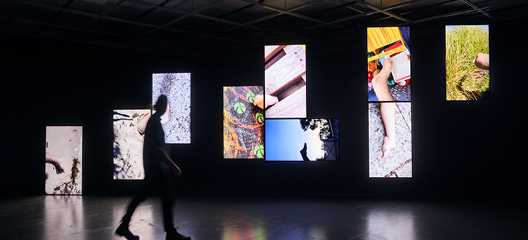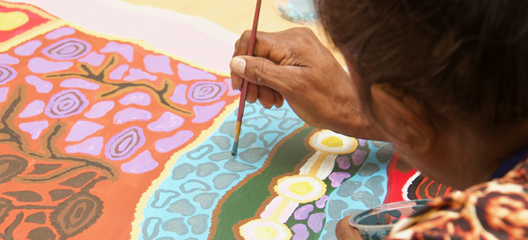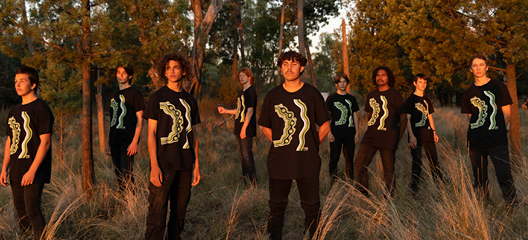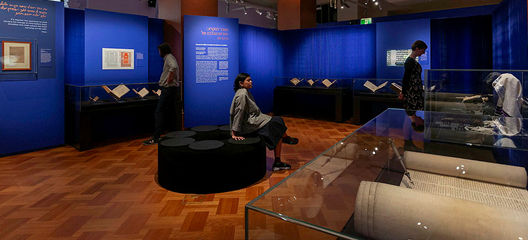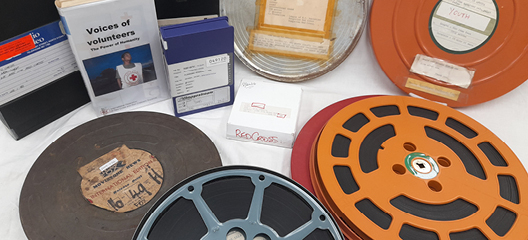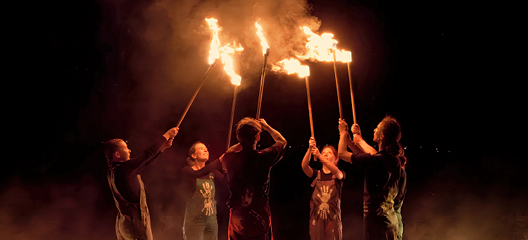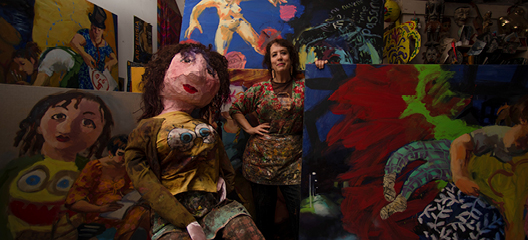- Home
- Who we are
-
What we do
- Cultural heritage
- Regional arts
- Arts and Disability
- Creative Australia
-
Indigenous arts and languages
- Australian Delegation to the Festival of Pacific Arts 2016
- ILA Program logos
- Indigenous Languages and Arts program
- Indigenous Visual Arts Industry Support program
- International Decade of Indigenous Languages
- National Indigenous Languages Convention
- Protecting First Nations traditional knowledge and traditional cultural expressions
- Review of the Indigenous Art Code
- Literature
- Ministerial Intergovernmental Engagement
-
Museums, libraries and galleries
- Alt text for National Cultural Institution Key Performance Indicator Infographics 2021–22—results and trends
- Australian Government International Exhibitions Insurance Program
- Impact of our National Cultural Institutions
- National Cultural Institution KPI Infographics 2020–21—results and trends (including text version)
- Significance 2.0
- The National Collecting Institutions Touring and Outreach program
- National Cultural Policy
- Performing arts
- Screen
- Visual arts
- Have your say
- Funding
- Publications
- News
A handover ceremony was held at the Australian Embassy in Tokyo to mark the first return from Japan.
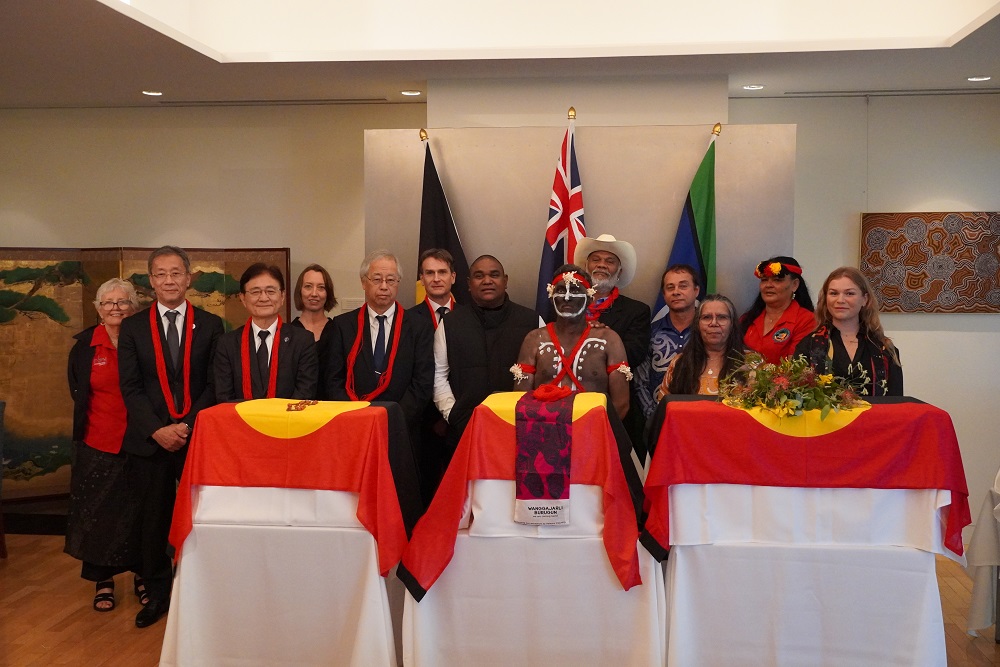
The Australian Government has welcomed the return of 10 First Nations ancestors from 3 Japanese collecting institutions. This is the first ever return of ancestors from Japan through our Indigenous Repatriation Program.
The ancestors were returned from the:
- University of Tokyo (7 ancestors)
- University of Kyoto (2 ancestors)
- National Museum of Nature and Science Tokyo (1 ancestor).
A special ceremony at the Australian Embassy in Tokyo on Wednesday 11 June acknowledged the significance of returning the ancestors to their Traditional Custodians, with community representatives taking the opportunity to speak.
Bolo Angus, Bardi and Jawi Representative from the Dampier Peninsula in Western Australia said:
‘Repatriation is a vital step toward healing the deep wounds caused by the forced removal of our ancestors from their resting places. For our community, it is not just about bringing bones home—it is about restoring dignity, honouring our old people, and reconnecting spirit to Country. This healing is not only for us, the living, but for the spirit of the ancestors who have waited so long to come home.
True reconciliation cannot happen without truth, justice, and respect. Returning our ancestors is an act of acknowledging past wrongs and showing respect for First Nations cultures and spiritual beliefs.’
Yawuru (Broome) and Kaurna (Adelaide) community representatives also attended the ceremony alongside Australian and Japanese Government representatives and staff from the Japanese collecting institutions.
These returns mean the Australian Government has now repatriated more than 1,785 ancestors from overseas collections in partnership with First Nations people and foreign governments.
Find out more
- Read the Minister’s media release
- Visit the International Repatriation highlights page
Funding programs
Latest news

Archaeological objects returned to Egypt
Seventeen Egyptian artefacts have been formally returned to the Government of the Arab Republic of Egypt in a handover held at the Australian Parliament House.
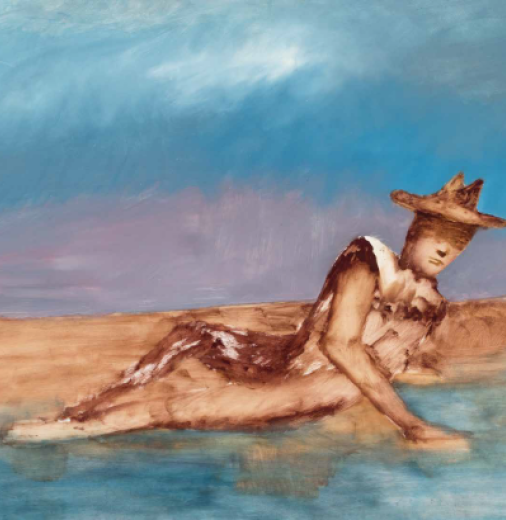
Bendigo Art Gallery acquires major Sidney Nolan painting
The gallery has acquired a significant 1962 painting by renowned Australian artist Sidney Nolan thanks to the National Cultural Heritage Account.
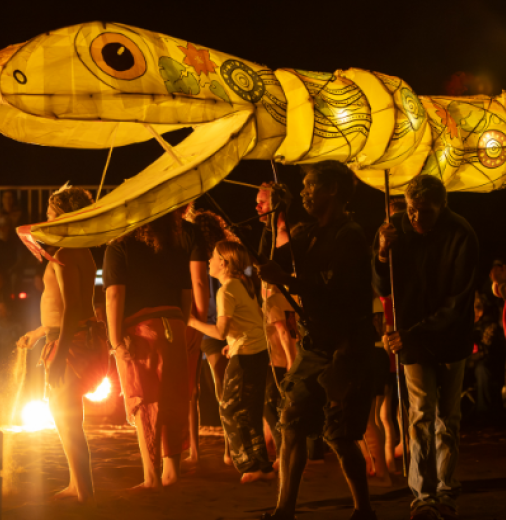
Funding available for arts activities at regional and remote festivals
Round 21 of the Festivals Australia program is now open, with over $700,000 available to support arts projects delivered in regional and remote areas.
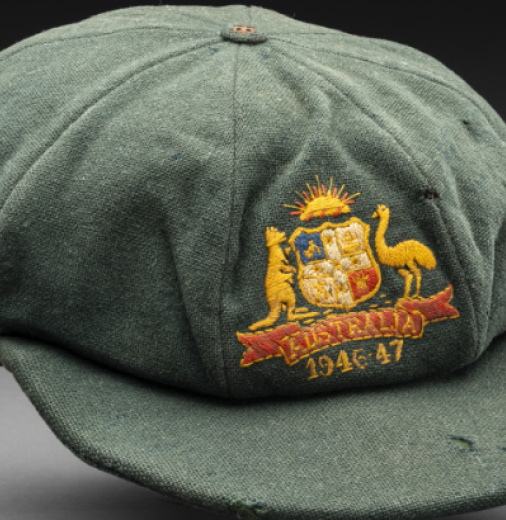
Sir Donald Bradman’s Baggy Green the newest addition to the national collection
The National Museum of Australia has recently acquired the iconic cricketer’s cap with the help of the National Cultural Heritage Account.
Have your say
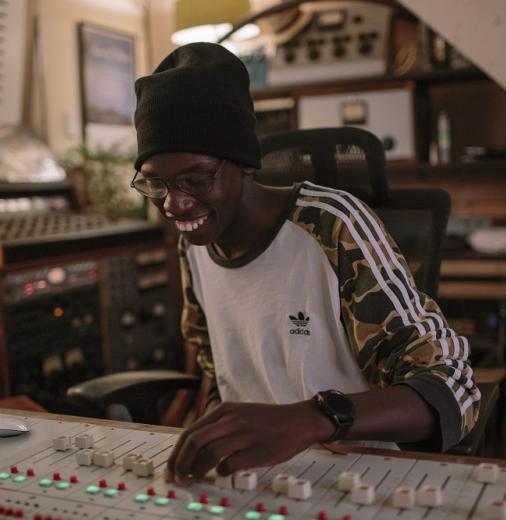
Arts and Screen Employment Pathways Pilot Program
We invited feedback on the development of the new Arts and Screen Employment Pathways Pilot Program to support d/Deaf and disabled artists and arts workers. This consultation is closed.
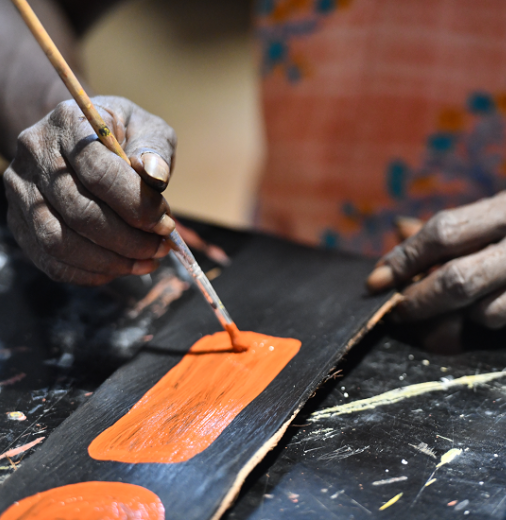
Review of the Indigenous Art Code
A review of the Indigenous Art Code is underway to strengthen the protections for Indigenous artists and consumers across the country. This consultation is closed.
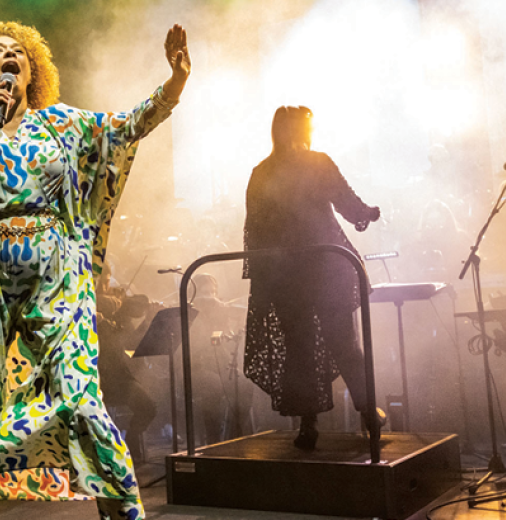
Revive: a place for every story, a story for every place
After extensive national consultation, in 2023 we delivered a 5 year national cultural policy, Revive—A place for everyone story, a story for every place.
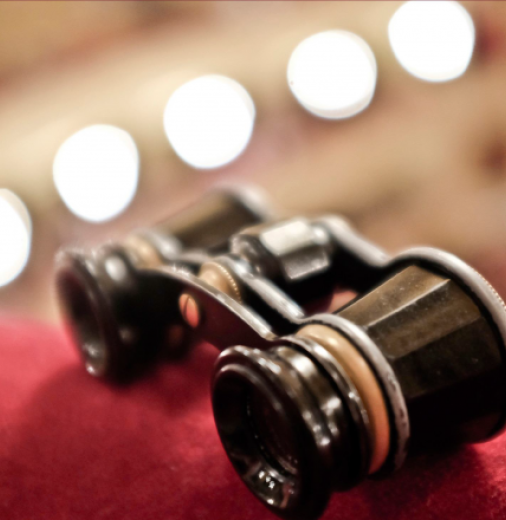
National Opera Review
The Australian Government has released a full response to the recommendations of the National Opera Review final report, which examined the artistic vibrancy, financial viability and accessibility of Australia’s major opera companies.
Latest consultations
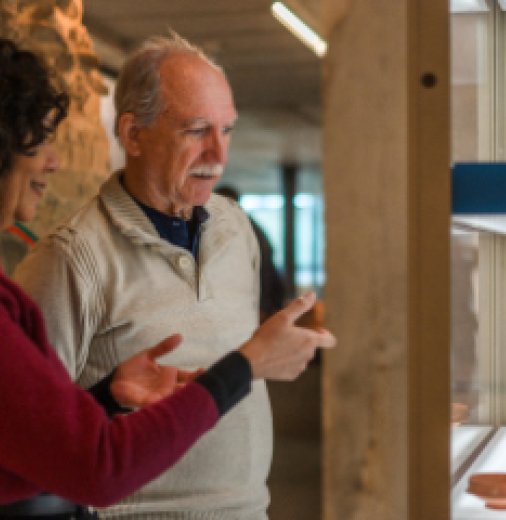
Review of the Protection of Movable Cultural Heritage Act
Shane Simpson AM finished a review of the Protection of Movable Cultural Heritage Act 1986 in 2015.
Funding programs
What's new
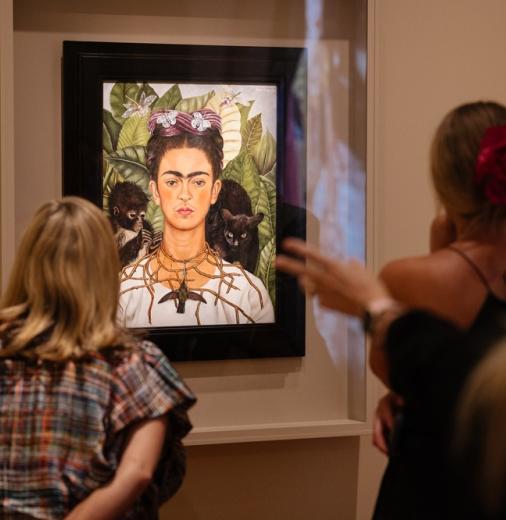
Bringing international art to Australia with funding to help with insurance costs
The 2026–27 round of the Australian Government International Exhibitions Insurance program (AGIEI) is now open to applications.

Applications now open for funding of regional and remote arts projects
Round 22 of the Festivals Australia program is open to applications for arts projects at festivals and community events in regional and remote Australia.
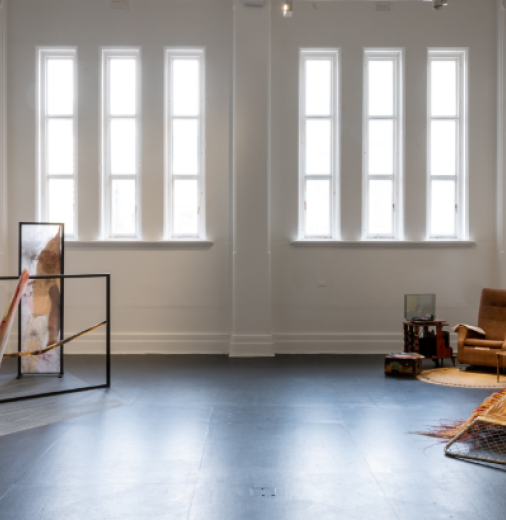
Funding available for new arts and cultural touring exhibitions
Arts and cultural organisations can now apply for Round 22 of the Visions of Australia funding program.
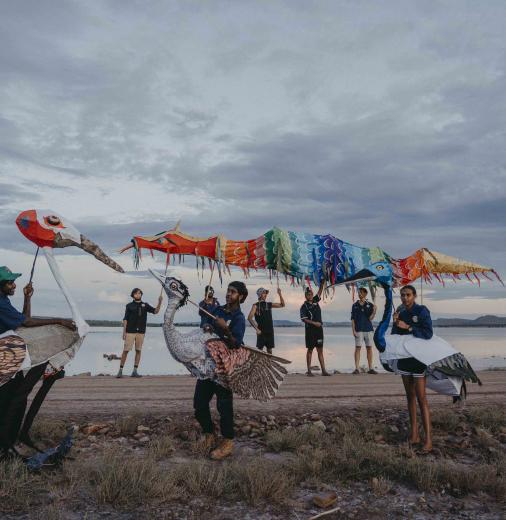
Grant applications open for Indigenous languages and arts programs
The ILA program supports the expression, conservation and maintenance of Aboriginal and Torres Strait Islander cultures through languages and arts activities around Australia.
Support programs
Displaying 1 - 10 of 242

Bringing international art to Australia with funding to help with insurance costs
The 2026–27 round of the Australian Government International Exhibitions Insurance program (AGIEI) is now open to applications.

Applications now open for funding of regional and remote arts projects
Round 22 of the Festivals Australia program is open to applications for arts projects at festivals and community events in regional and remote Australia.

Funding available for new arts and cultural touring exhibitions
Arts and cultural organisations can now apply for Round 22 of the Visions of Australia funding program.

Grant applications open for Indigenous languages and arts programs
The ILA program supports the expression, conservation and maintenance of Aboriginal and Torres Strait Islander cultures through languages and arts activities around Australia.

Interim report shows resilience of cultural and creative workforce
Research shows strong growth for sector from 2008–09 to 2023–24.

Visions of Australia getting shows on the road
Seven organisations will share in up to $1.3 million in program funding.
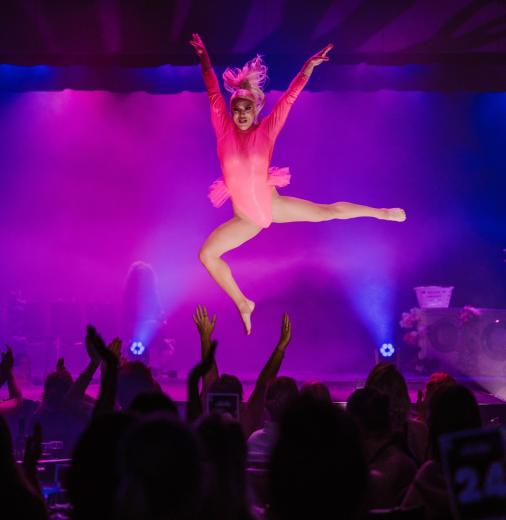
Boost for arts projects in regional and remote Australia
A total of 77 arts projects will share in over $1.7 million thanks to the latest round of Regional Arts Fund Project Grants.
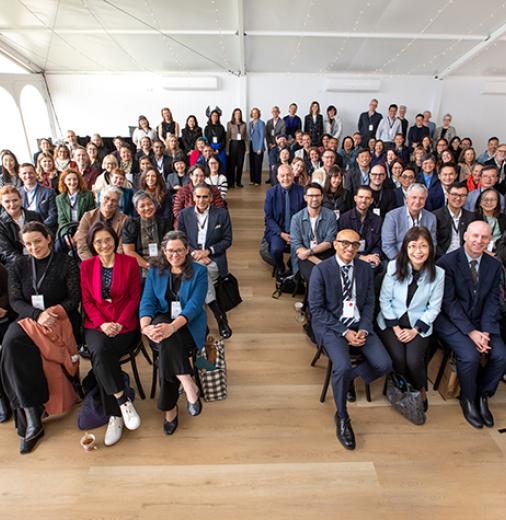
Celebrating Australia and Singapore’s cultural ties
We recently hosted a major meeting and arts industry forum in Adelaide to exchange ideas, stories, practices and experiences with Singapore.
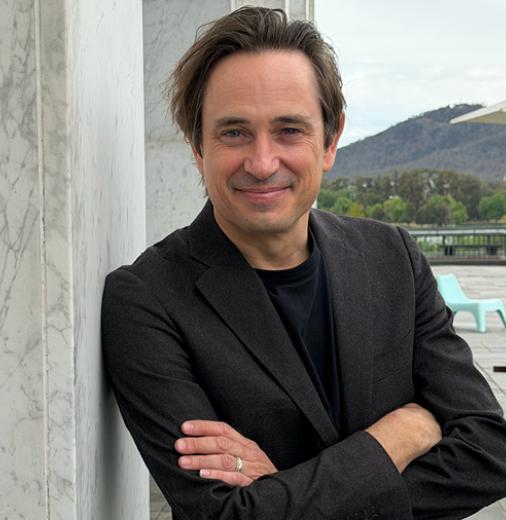
The power of stories
Australian author and journalist Trent Dalton chats all things books, life and lending rights.
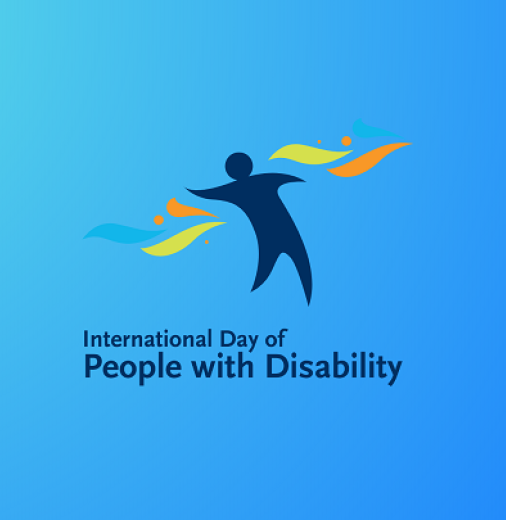
International Day of People with Disability 2025
Our work to support equitable access to the arts for people with disability is full steam ahead.
Support programs
Displaying 1 - 5 of 5

Arts and Screen Employment Pathways Pilot Program
We invited feedback on the development of the new Arts and Screen Employment Pathways Pilot Program to support d/Deaf and disabled artists and arts workers. This consultation is closed.

Review of the Indigenous Art Code
A review of the Indigenous Art Code is underway to strengthen the protections for Indigenous artists and consumers across the country. This consultation is closed.

Revive: a place for every story, a story for every place
After extensive national consultation, in 2023 we delivered a 5 year national cultural policy, Revive—A place for everyone story, a story for every place.

National Opera Review
The Australian Government has released a full response to the recommendations of the National Opera Review final report, which examined the artistic vibrancy, financial viability and accessibility of Australia’s major opera companies.

Review of the Protection of Movable Cultural Heritage Act
Shane Simpson AM finished a review of the Protection of Movable Cultural Heritage Act 1986 in 2015.
Funding programs
Displaying 1 - 12 of 12
Displaying 1 - 12 of 360
Support programs
Sign up
Sign up for news and updates from our agency.
Sign up to ART/works
Displaying 1 - 10 of 823
Bronze Age stone weight returned to Pakistan
An ancient stone weight of cultural significance was returned today to Pakistan. 8 Dec 2021 The stone weight was returned to HE Zahid Hafeez Chaudhri, High Commissioner of Pakistan at a ceremony which took place at the High Commission on 8 December 2021. …
NewsAxe heading home to the Philippines
A wood and steel axe of cultural significance has been returned to the Philippines. 19 Nov 2021 19 November 2021 The axe, which dates back to the early to mid 20th century, comes from the Igorot communities of northern Luzon, who still use this type of …
NewsPriceless Incan carving to head home
A priceless Incan carved wooden vessel, known as a canopa, will soon be on its way back to its rightful home in Peru. 4 Nov 2021 A carved Incan canopa that depicts two llamas. It has a rounded hollow on its back, where offerings were dedicated to the care …
NewsVictoria - Jurisdiction Profile
Published: 6 Feb 2018 The Victorian profile provides a comprehensive overview of arts and culture on a range of topics including participation in cultural activities, cultural funding by government, employment in culture, and attendances at cultural …
PublicationPost-Implementation Review — Resale Royalty Right for Visual Artists Act 2009 and the Resale Royalty Scheme
Published: 23 Dec 2019 The 2013 Report for the Post-implementation Review of the Resale Royalty Right for Visual Artists Act 2009 (the Act) and accompanying Scheme examines the first three years and four months of the Scheme's operation. The Report uses …
PublicationIndigenous Languages and Arts Program funded Indigenous Language Centres
Published: 1 Oct 2024 Indigenous Languages and Arts Program funded Indigenous Language Centres—September 2024—PDF (PDF, 411.7 KB) Indigenous Languages and Arts Program funded Indigenous Language Centres—September 2024—DOCX (DOCX, 952.58 KB) … 3121 … 3122 …
PublicationFestivals Australia September 2020 round 11—grant recipients
Published: 23 Dec 2020 List of national summary of projects for Round 11, September 2020. festivals-australia-grant-recipients-national-summary-of-projects-round-11september2020.docx (DOCX, 165.47 KB) …
PublicationIndigenous Languages and Arts (ILA) Program Frequently Asked Questions
Published: 15 Dec 2025 Tips for a competitive application and Frequently asked questions on the Indigenous Languages and Arts Program. Indigenous Languages and Arts (ILA) Program 2026–27—Open Competitive Grant Opportunity—FAQs—December 2025—PDF (PDF, …
PublicationRISE Fund grant recipients—Batch one summary of projects
Published: 22 Dec 2020 Recipients of the RISE Fund grant. rise-fund-grant-recipients-batch-one-summary-of-projects_0.docx (DOCX, 195.43 KB) rise-fund-grant-recipients-batch-one-summary-of-projects_0.pdf (PDF, 550.42 KB) … 235 … 236 … 237 … RISE Fund grant …
PublicationProject grants—recipients list, round 2, 2022
Published: 23 Nov 2022 project-grants-recipients-list-round-2-2022.docx (DOCX, 247.88 KB) project-grants-recipients-list-round-2-2022.pdf (PDF, 228.92 KB) … 238 … 239 … Project grants—recipients list, round 2, …
Publication

